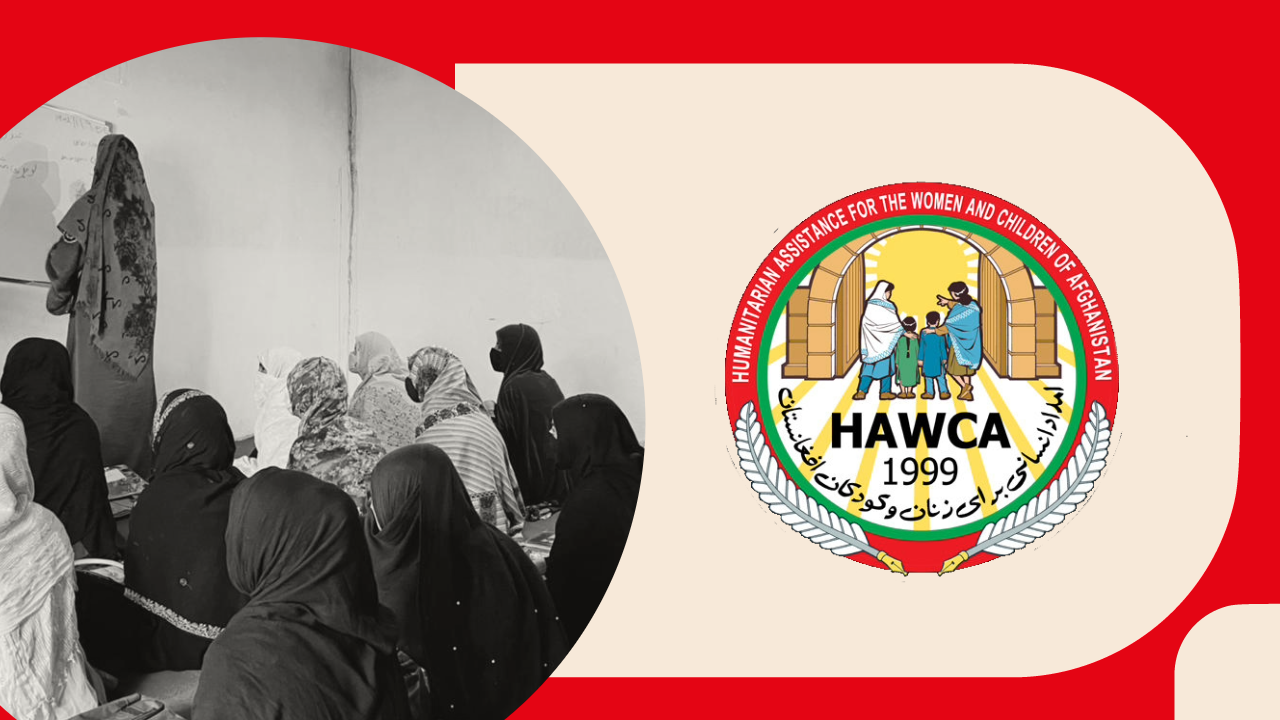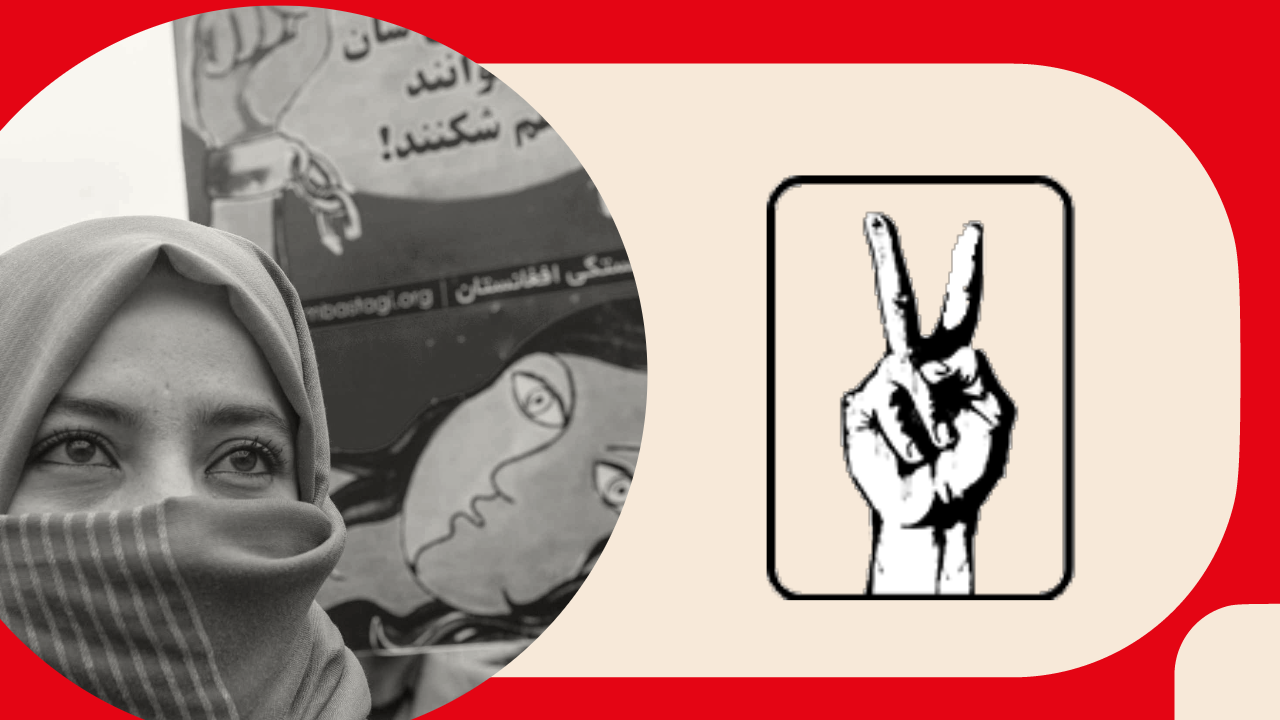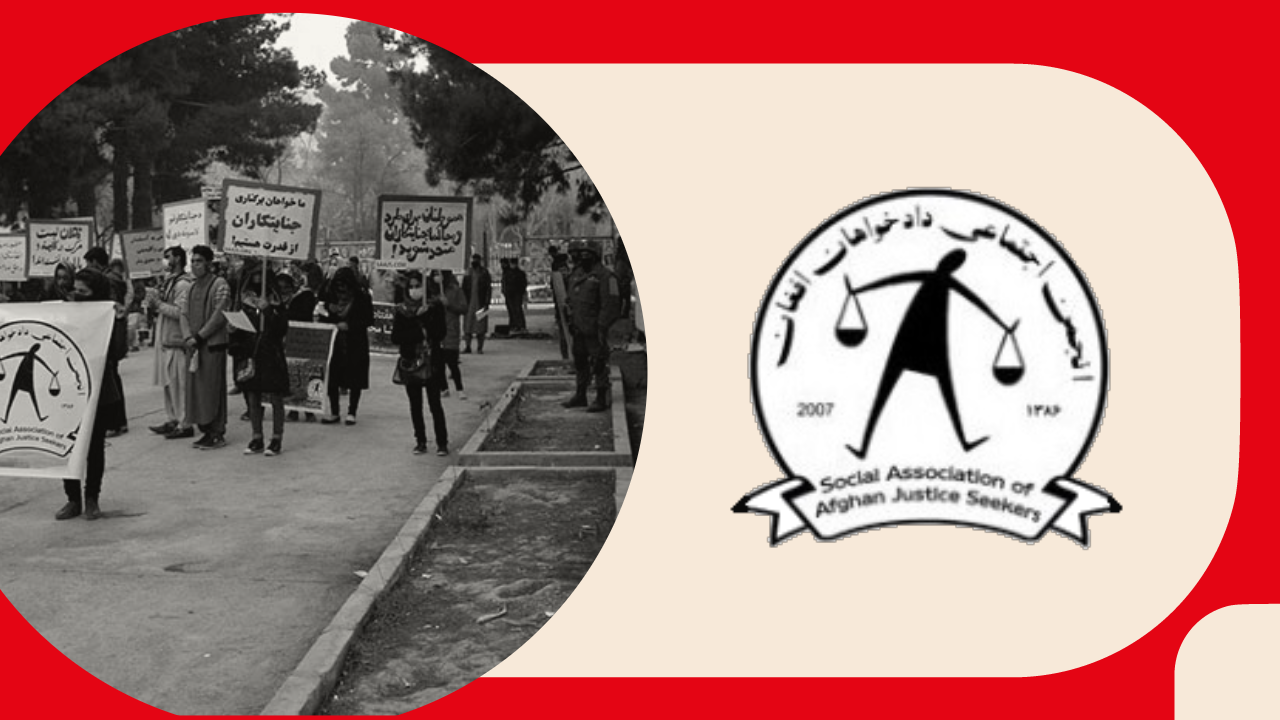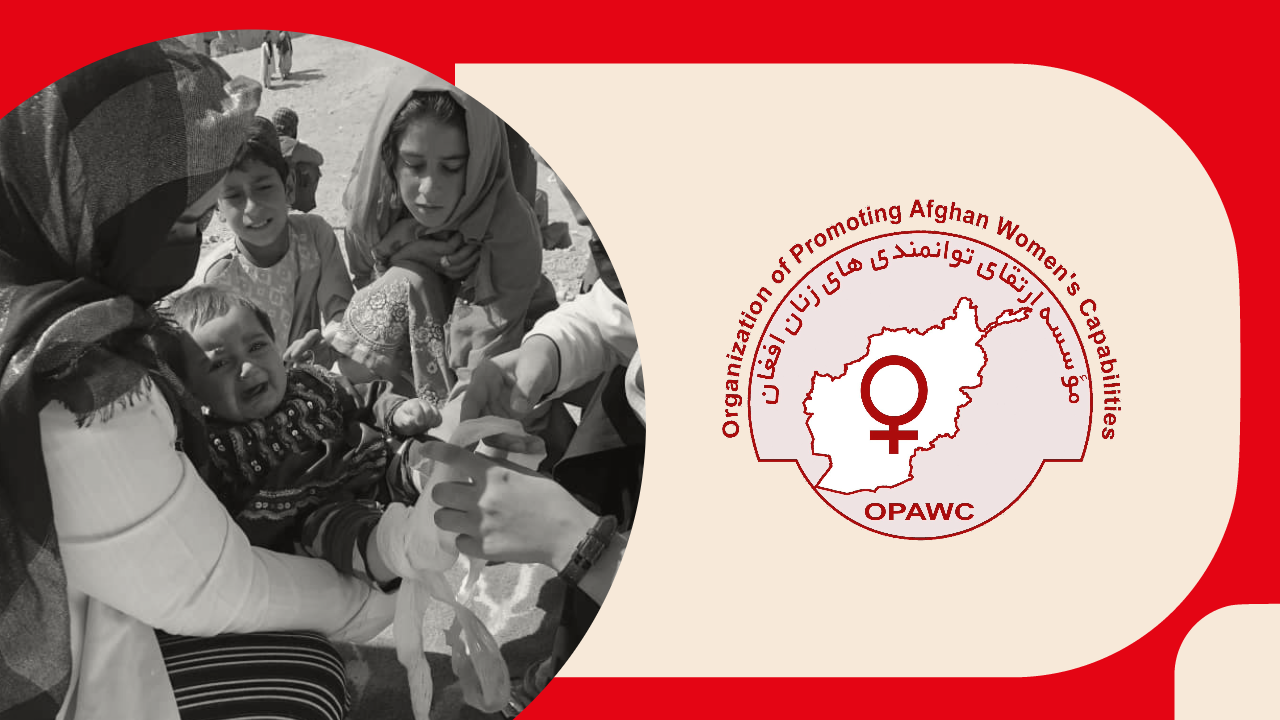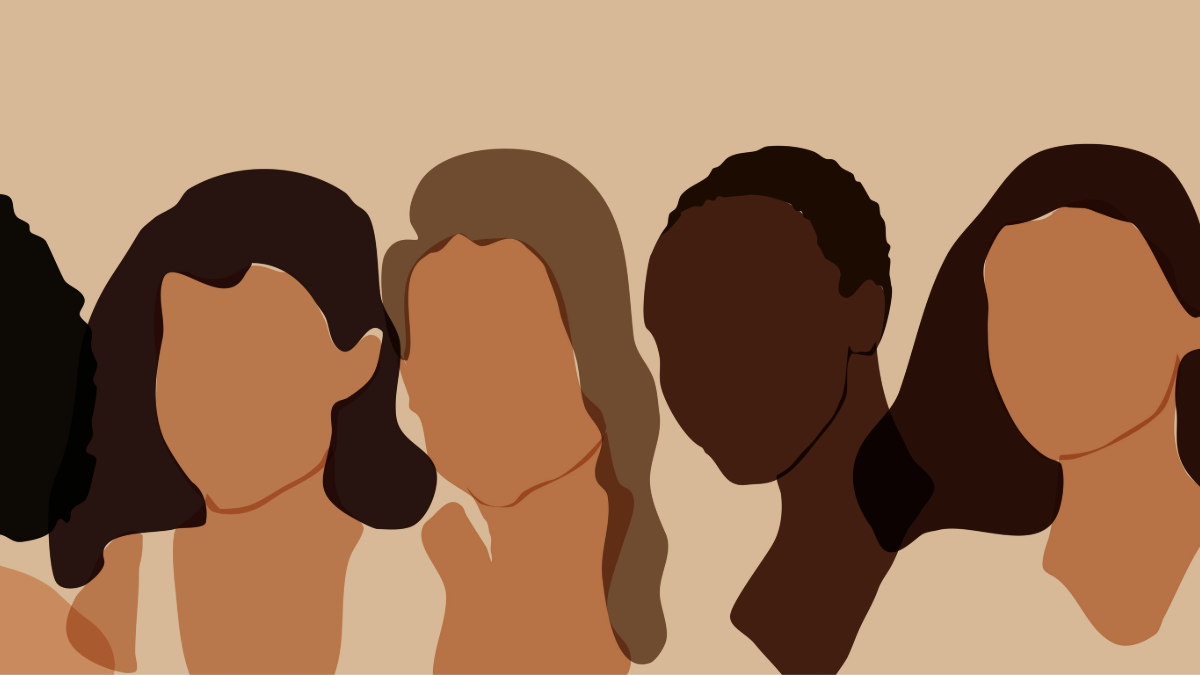Living in Afghanistan is more difficult and risky every day for women and men who have never surrendered to the brutal violence of the Taliban regime.
CISDA continues to be in contact with women from associations remaining in the country to bring relief to the population and attempt to rebuild a civic conscience.
These women continued to carry out small but significant reorganized projects clandestinely.
In the last period the Taliban regime has inflicted further restrictions which have especially affected women with the clear aim of relegating them even further to homes and which provide for very severe penalties in case of transgression.
CISDA will continue to bring the voice of these women to Italy and support their projects.
Since its inception, Cisda has supported dozens of projects, some continue today and we report a brief list of them. For more information on individual projects, write to cisdaets@cisda.it
Secret schools

In April 2022, the Taliban banned girls from accessing secondary school courses in almost all districts. These restrictions exclude millions of girls from secondary education.
Our associations organize small groups of female students who meet with a teacher in private homes. The courses are held clandestinely.
The project is intended for girls from 6th to 12th grade (13 to 18 years old).
The fundraising is intended to pay the teachers and purchase materials for use.
Family homes to support study

To escape the ban on girls from accessing public schools, a new clandestine training project was born. Small school-houses in which the girls live together all day pretending to be a real family to mislead the Taliban and their neighbors. The first experiences have proven to be very positive and stimulating and our Associations would like to extend their number. The girls study in a large room and also do sports activities. The teachers hold the courses in the morning and in the afternoon the girls take care of the house and kitchen themselves. The teachers teach courses in English, computers, science, mathematics, etc.
Tailoring for economic independence

Women are confined to their homes; they cannot work either in public services (with the exception of roles that cannot be filled by men in the health and education fields) or in private ones (depending on the region, sector and type of work). In January 2022, all families headed by women had to face a serious economic situation and hardship.
The Sartoria project was organized to make women independent by working from home.
In addition to providing a course to learn the trade, they were given the opportunity to learn about the issues of health and women’s right to work.
The course started in the city of Kabul and was extended to 4 other provinces.
The project involves the purchase of 80 sewing machines and related material which will be left to the women at the end of the course and will be used to support their families.
Support for humanitarian emergencies

Two-thirds of Afghanistan’s population needs urgent humanitarian assistance to survive. Food supplies continue to dwindle year after year and in 2021 alone, due to fighting, thousands of farmers and growers were unable to plant their annual crops. Half of those grown were lost and the price of grain increased by 25%.
In addition to the economic crisis, natural disasters strike the exhausted population. Our associations raise funds to be able to provide parcels with basic food supplies to people in extreme need.
Free donation for emergency support
Confidence yellow

In rural areas it is still possible for women to work in the agricultural sector and thus bring sustenance to their families. It is possible to purchase 1 g packs from CISDA. of saffron in pistils with a donation starting from €13
The project, started in 2017, was financed by the Costa Family Foundation and Cisda in the Herat area and is managed entirely by 12 women with the aim of guaranteeing a source of income for the family and avoiding the cultivation of opium.
The results obtained to date are exceptional: the women involved supplement their husband’s salary, are acquiring life and economic independence and this allows them to acquire security and dignity.
The project is completed with a literacy course.
Shelter for women victims of violence

In Afghanistan, nine out of ten women have suffered some form of violence in their family or by their partner. These data dating back to 2009 are certainly confirmed even now that the country is under the rule of the Taliban and forced marriages are no longer prohibited. Little girls are married off to militiamen to allow their families to survive and have one less mouth to feed.
Since August 2021, the “Shelters” – shelter homes for women victims of violence – have been forced to close. Our Associations have decided to open a single shelter (in clandestinity) which will welcome 4 particularly serious cases, providing protection, psychological and economic support to women and their small children. The purchase of sewing machines is also planned to make women active and, in the future, economically independent.
Precious lives

Started in 2011 after the publication in the newspaper I’Unità of the stories of some women that the journalist Cristiana Cella had met in Kabul in the ‘protected houses’ and in the Legal Aid Centers managed by our Associations.
The women we support are mothers and girls who open the door to a devastated everyday life, unimaginable for us: ferocious violence, extreme poverty, prejudice, abandonment, injustice. The total exclusion from every basic human right.
Some of them fought and won. They have traveled the entire road towards freedom and autonomy, they are well and voluntarily give up their place to those who are worse off than them. Others continue to struggle in an increasingly dramatic reality. Currently, 29 women are supported.
Feminist relay

Those involved in humanitarian aid along the routes and those who work in European anti-violence centers are faced with gender violence made even more ferocious by the conditions in which women and vulnerable people are forced to travel.
From this premise, a Relay was developed which – starting from the Vite Preziose project – includes multiple teams of supporters distributed over several stages from Italy to Afghanistan, as well as stages within the country itself, in support of the women’s autonomy project and girls, with particular attention to those who are victims of sexual and family violence. There have been 10 stages completed so far but others are being added
Hamoon Mobile Health Unit

Afghanistan’s health service is severely compromised, particularly in rural areas. Due to the restrictions imposed on women by the Taliban, there are very few operators. In some districts there are no nurses in 86% of health facilities and there are no female doctors in 71% of cases.
The health center in Farah, a city in western Afghanistan, was started in 2010 and operated thanks to funding from Opera San Francesco of Milan.
The hospital provided free treatment and medicine to 120 people a day.
The hospital is currently closed.
Due to threats from the Taliban and the inability of women to reach the hospital due to the new rules on mobility imposed, a mobile unit was set up with doctors, nurses and technical staff who reach the women in the peripheral and remote villages where they are the patients unable to reach the city.
Distribution of goats to widows and needy families

The project created by the Insieme Si Pu’ association in 2010, now supported by Costa Family Fundation and CISDA, is aimed at the poorest women and families in various provinces of Afghanistan.
The vast majority of the Afghan population lives in poverty, especially widows and families particularly affected by the conflict must struggle every day to earn a living. The goats allow these women, especially widows, in conditions of extreme poverty and marginalization to earn a living for their family
Each of them is entrusted with a dairy goat. This allows you to start micro income-generating activities. Each beneficiary woman undertakes to donate, in her turn, one of the goats that will be born from her to another needy woman in the community/village.


